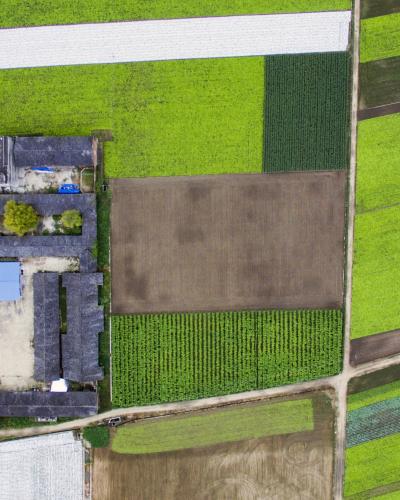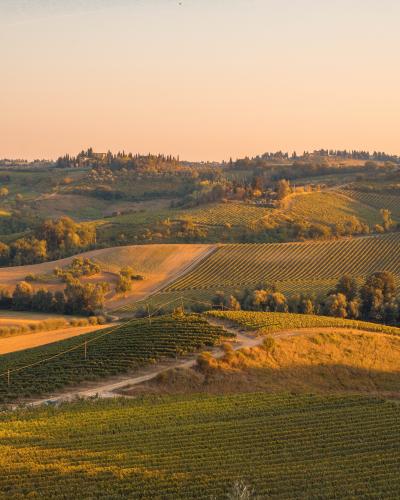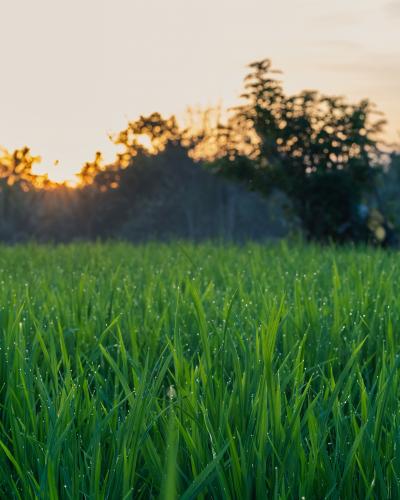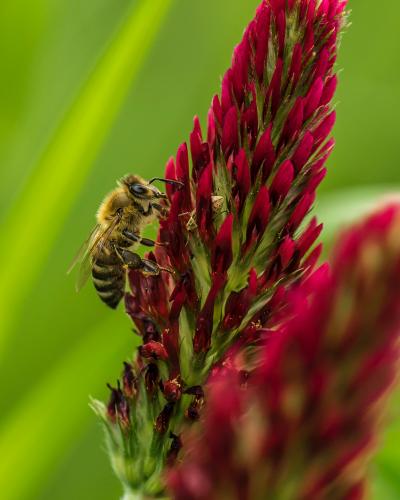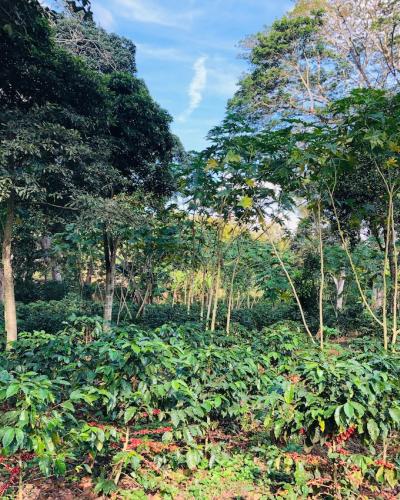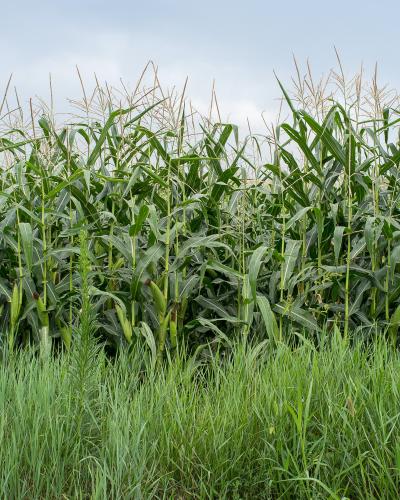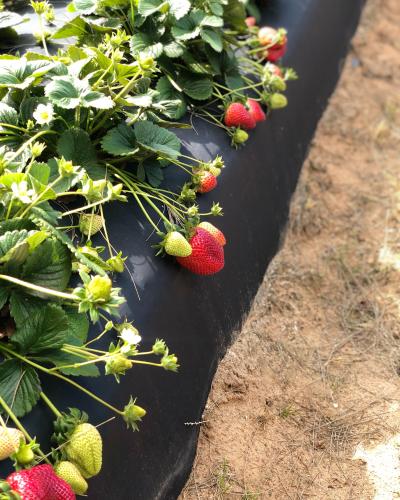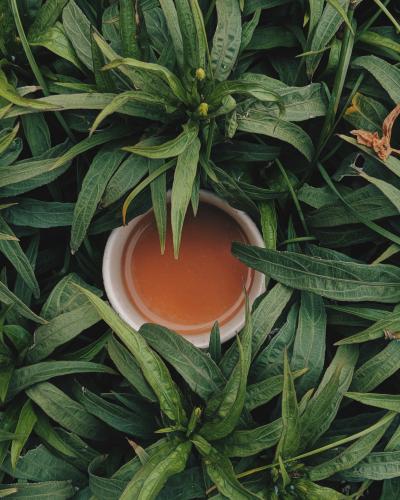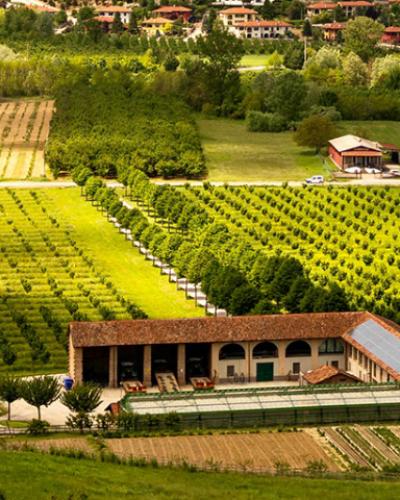There is a growing body of science that shows organic farming is more profitable than conventional. While this is largely attributed to higher premiums paid for the organic brand, a recent study...
Sep 06, 2021
Farming comes in all shapes and sizes and varies in levels of sustainability, though there has been a growing global push for all farming to become more equitable and better for human and...
Aug 16, 2021
A recent study from Geoderma shows that over time, organic yields can match and even exceed those of conventional when built up soil health and biodiversity lead to better crop production. This...
Aug 02, 2021
Incorporating cover crops into crop rotations is known to have many benefits to soil health and ultimately crop yield. However, they are often prevented from flowering--which would support...
May 24, 2021
Successful rural development hinges on both the profitability and the environmental sustainability of cropping systems. This is especially true in regions like the tropics where the success of...
May 17, 2021
Most farmers want to employ practices that benefit human and environmental health, but connecting the dots between wanting and successfully implementing can be complicated, particularly when...
Mar 29, 2021
In conventional corn-soy rotations, weed control is accomplished through the use of herbicides and usually the crops are genetically modified to tolerate those herbicides. Without GMOs and...
Mar 22, 2021
Toxic soil fumigants that fight soil-borne diseases and ensure crop production continue to be banned to protect the health and safety of rural communities. Organic farmers and conventional farmers...
Mar 08, 2021
While there has been increasing demand from in developed countries for organic tea, a recent study published in the International Journal of Creative Research Thoughts (IJCRT), found that this...
Dec 21, 2020
Supporting biodiversity is not only a tenet of organic farming, but the ecosystem services that biodiversity can provide to farmers is also relied upon for...

